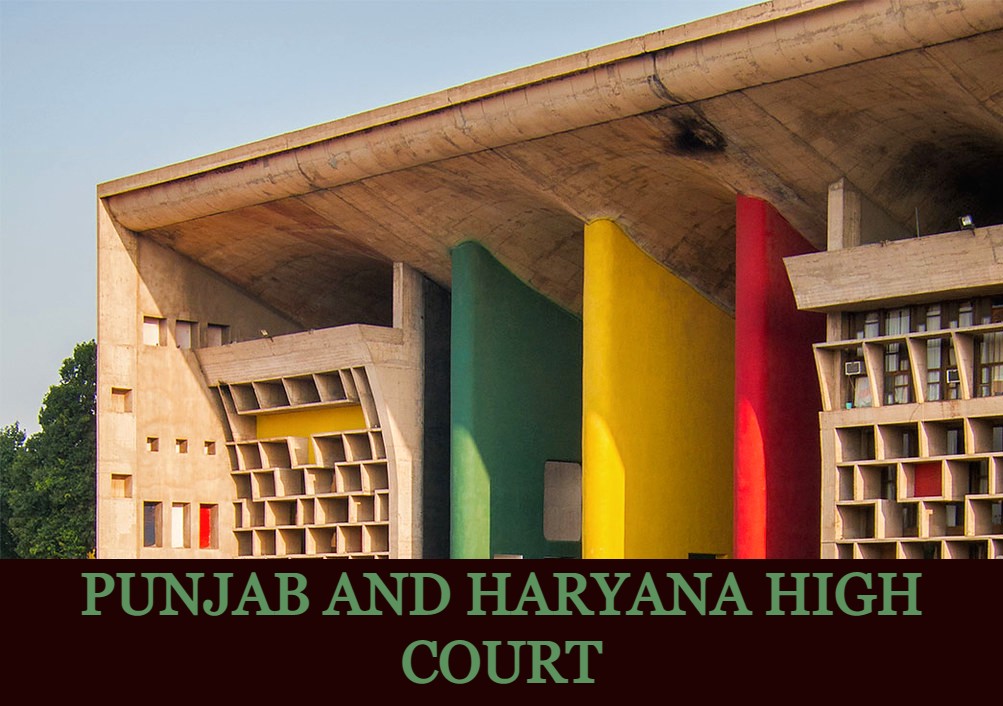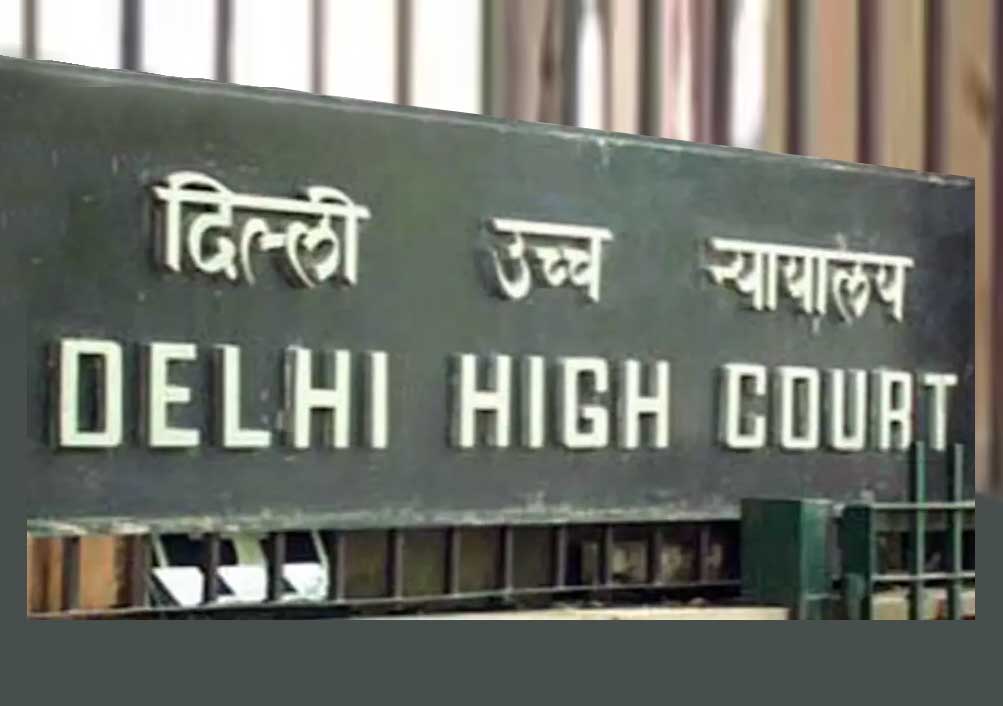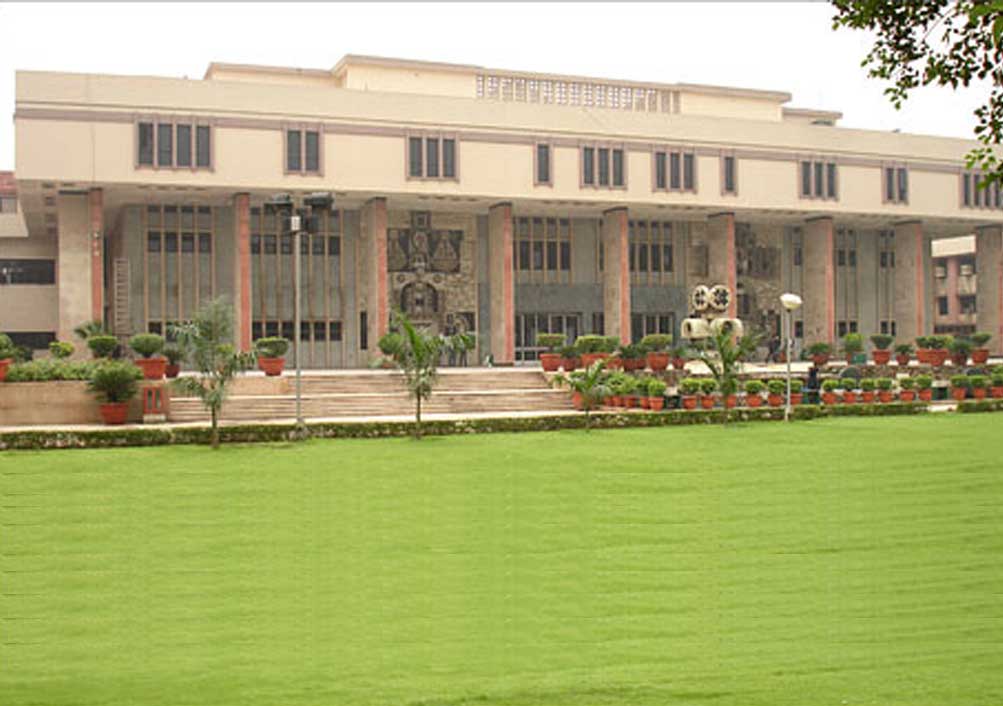Prosecutrix’s statements recorded u/s 161 & 164 of CrPC can be used by defence for purpose of contradiction, holds Punjab & Haryana HC

Read Order: Sunil and Another v. State of Haryana
Monika Rahar
Chandigarh, February 16, 2022: While dealing with an appeal in a gang rape matter, the Punjab and Haryana High Court has held that undoubtedly, the statements given by the victim- prosecutrix under oath during her examination before the Trial Court has great sanctity, but her statements recorded under Sections 161 and 164 Cr.P.C. could be used by the defence counsel for the purpose of contradiction.
On the complaint of the complainant, an FIR was registered against the accused-appellant under Sections 363, 366(A), 376-D, 506 of IPC and Sections 4 & 6 of the POCSO Act for committing gang rape upon his daughter . It was alleged that the accused enticed her and took her away on a motorcycle, to their house, where both the appellants committed rape on her.
When the prosecutrix was recovered, her statement under section 164 Cr.P.C. was recorded by Judicial Magistrate and she was sent for medical examination which she refused to undergo. She was eventually handed over to her parents while the accused were arrested by the police. Later, in her statement under Section 161 Cr.P.C., the prosecutrix stated that both the accused-appellants committed rape upon her against her wishes.
After the Trial, the Special Court convicted and sentenced both the accused-appellants under Sections 363, 366(A), 376-D, 506 IPC and Sections 4 & 6 of the POCSO Act. Hence, the present appeal was filed.
It was the case of the appellants’ counsel that the prosecutrix was on friendly terms with the appellants and that she falsely implicated them under the pressure of her parents. The counsel also highlighted a portion of the prosecutrix’s testimony wherein she mentioned the fact of being forced to travel in train with the accused, to argue that had she been raped, she would have alerted her co-passengers which she didn’t. The counsel further contended that as per the medico-legal report, no injury was found on the private parts of the prosecutrix. Lastly, was argued that the prosecutrix was in fact a major and the act in question was consensual.
On the contrary, the state counsel contended that the prosecutrix was just 16 years of age when she was taken away by the accused who raped her turn-by-turn. The Counsel made reference to the medical records which showed that she was subjected to penetrative sexual assault. It was further argued that even if (assumingly) the act in question was consensual, then also the same was punishable under Section 5 r/w Section 6 of POCSO Act, as at the relevant time the prosecutrix was minor.
Regarding the age of the prosecutrix, the Division Bench of Justice Ritu Bahri and Justice Karamjit Singh opined after perusing the evidence on record that the trial Court rightly held that the prosecutrix was less than 18 years of age at the time of the occurrence. Further, after perusing prosecutrix’s statement under Section 161 Cr.P.C., wherein she stated that she went to Sangaria, Rajasthan in train with one of the accused on her own, the Court opined that the prosecutrix knew or was on friendly terms with the accused concerned. Also, it was noted that she did not raise alarm in the train when she taken to Rajasthan on the very next day when the alleged offence of rape was committed. All of these facts created doubt in the mind of the court pertaining to the prosecution case.
On the allegation of gang rape, the conviction and sentence of the appellant-Anil under Sections 363, 366, 506 r/w Section 34 IPC and under Section 376-D IPC was set aside by the Court on the ground that the prosecutrix levelled allegation of gang rape against accused- Anil under her parents’ pressure.
However, regarding the involvement of Sunil (the brother of Anil and the main accused), the Court opined that he committed sexual intercourse with the prosecutrix who was a minor back then. The Court also noted that even if the circumstances of the case suggested that it was a consensual act, the same would not exonerate appellant-Sunil, as the consent of a minor-prosecutrix was immaterial. The guilt of the Sunil was sustained on the ground of medical evidence in form of human semen collected from undergarments of both prosecutrix and Sunil.
Against the case of Sunil, the Court also made reference to Section 29 of POCSO Act which gives rise to the presumption of guilt of the accused, to observe that the appellant- Sunil failed to rebut the aforesaid presumption by setting up a probable defence.
Hence, the Court concluded that the offences of kidnapping and rape of minor-prosecutrix were proved beyond doubt against appellant-Sunil, however, the charge of Section 506 IPC was dropped against him on the ground that prosecutrix accompanied Sunil on her own and no threat was given to her. Similarly, since Anil was acquitted the Court opined that instead of Section 376-D IPC and Sections 5, 6 of POCSO Act, Section 376(1) IPC read with Section 3 of POCSO Act were proved against Sunil. His conviction under Sections 363 and 366 IPC by the Trial Court was sustained.
Lastly, the Court opined that since the prosecutrix was already having a friendship with appellant-Sunil even prior to an occurrence in question (2015) when amendments of 2018 and 2019 in IPC and POCSO Act were not made. Thus, considering the sentence available pre-amendment along with other factors like Sunil was a first-time offender and was 17- years old at the time of the offence, the Court concluded that the sentence of 7 years was sufficient to serve the ends of justice.
Thus, the appeal was allowed in part. Anil was acquitted and the order of conviction and sentence of Sunil was altered in the above-mentioned terms.
Sign up for our weekly newsletter to stay up to date on our product, events featured blog, special offer and all of the exciting things that take place here at Legitquest.




Add a Comment